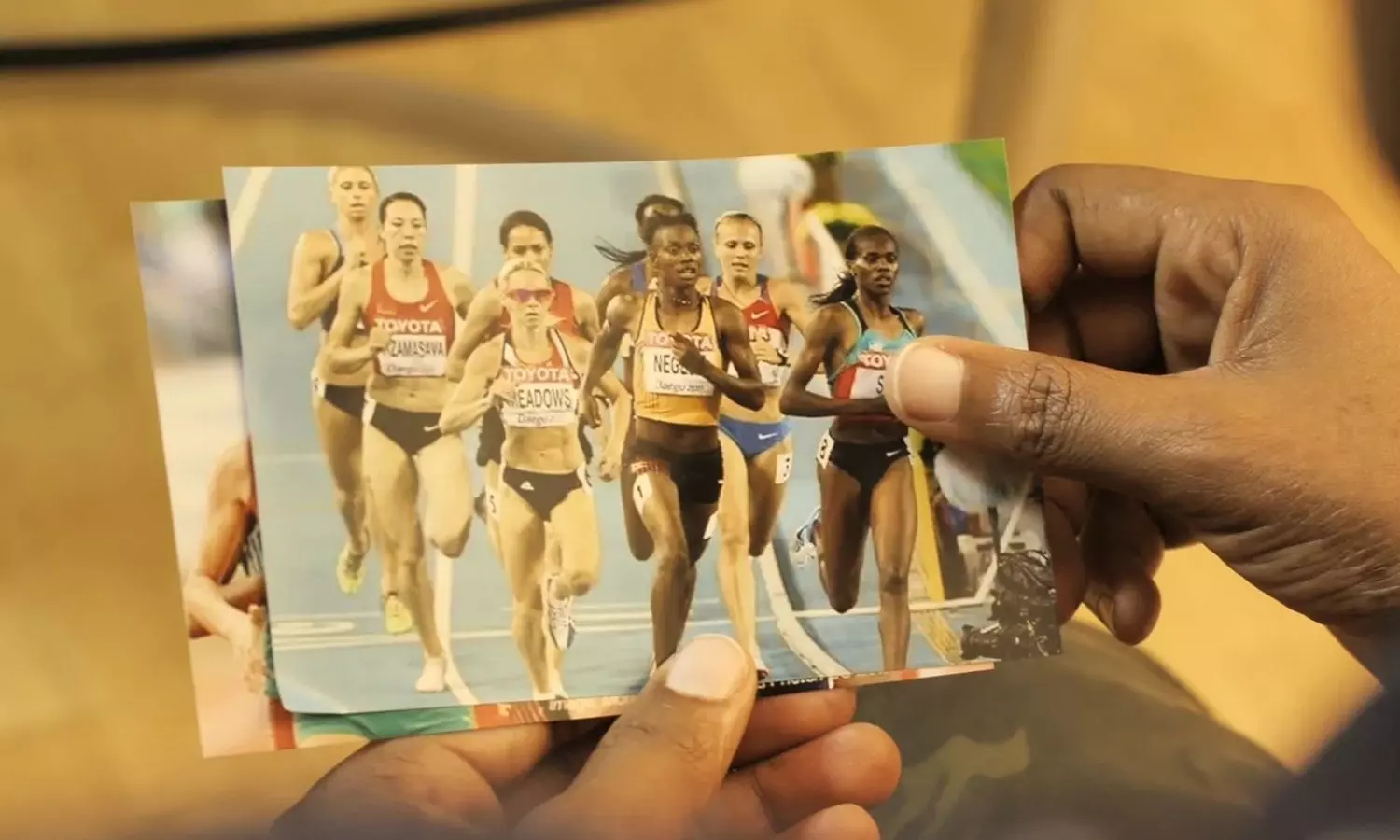Athletics
Sex verification and misogyny: Have sports evolved with passage of time?
Sex tests are a ground for abject humiliation for female athletes over the years.

Image Source: Human Rights Watch
"It's hard to be a woman. You must think like a man, act like a lady, look like a young girl, and work like a horse." Anonymous (Source: Twitter)
The aforementioned quote precisely sums up the journey a woman has to endure, and holds the maximum relevance in the field of sports. The challenges for sportswomen are far more than their male counterparts, be it fighting the stereotypes, facing constant comparisons from male athletes, or battling huge biological crusades.
If this was not enough, the practice of sex verification comes to the fore, conducting an intrusive scrutiny of their biological sex. The tests became prevalent in the 1950s, on account of the inhibitions that Soviet and Communist nations could be sending male athletes in disguise to compete in female events. The rule is based on the premise that female athletes are incapable of defeating their male counterparts, and thus, is deeply rooted in the ties of patriarchy. While the tests were initially limited to physical examinations of body and genitals, they were replaced by chromosome tests since the 1968 Mexico Olympic Games, with these tests too being premised on a binary limitation of chromosomes and patriarchal definition of gender.
Santhi Soundarajan
The tests have had catastrophic impacts on the confidence and self-esteem of athletes, forcing them to face abject humiliation. A case in example has been Santhi Soundarajan, who won the 800 m silver at the Doha Asian Games in 2006. Soundarajan was allegedly forced to undertake a sex test under suspicious circumstances, and was stripped of her medal, and also the right to participate in sports for the rest of her life. Her body became a topic of drawing room discussions; and the ultimate consequences of the proceedings were severe depression and an attempt to suicide by the athlete.
Another athlete who faced these horrendous tests is ace runner Dutee Chand, who was barred from competing in 2014 Glasgow Commonwealth Games on account of testosterone levels higher than permitted by International Association of Athletic Federations (IAAF). However, these cases have not been limited to Indian athletes, the instance of Caster Semenya being the most recent case in question. The two time Olympic champion from South Africa has been prevented in competing from some field events on account of higher levels of natural testosterone. Semenya called it out as a violation of her dignity and human rights, as World Athletics decided to maintain the status quo unless she and the other similar female athletes consumed hormone-suppressing drugs, daily contraceptive pills, or have surgery.
The athletes, as they have done throughout, fought back with might and stoicism. Soundarajan fought back after almost ending her life, utilizing the cash prize received by the Tamil Nadu Chief Minister to train her students. She also sought help from numerous political and sporting heavyweights to reinstate her silver medal, but in vain. Chand, too, fought back with valour and established her supremacy with a double silver medal run at the 2018 Jakarta Asian Games. She confronted the verdict of IAAF through Court of Arbitration of Sport (CAS), by challenging the correlation of testosterone levels with superior athletic performance. Semenya has also taken up her case at the European Court of Human Rights, calling it out as a derogatory violation of human rights.
While these issues have been deep rooted in the functioning of the sporting and social ecosystem, there have been certain sections of the society which have come ahead in supporting the athletes, valorizing their journeys. The filming of a biopic on the struggles of Soundarajan has commenced in Tamil Nadu, to showcase the journey of the 40-year old runner. Cricket legend and former Indian captain Rahul Dravid came forward to help Dutee Chand, as he supported the ace athlete through the Rahul Dravid Athlete Mentorship Programme. Semenya has also garnered support from certain sections of the society, who have celebrated her individuality.
It is heartening to see the athletes receiving their due recognition, however, the very existence of sex tests is on account of the binary nature of gender in sports, with very little scope for transgender or intersex athletes.
